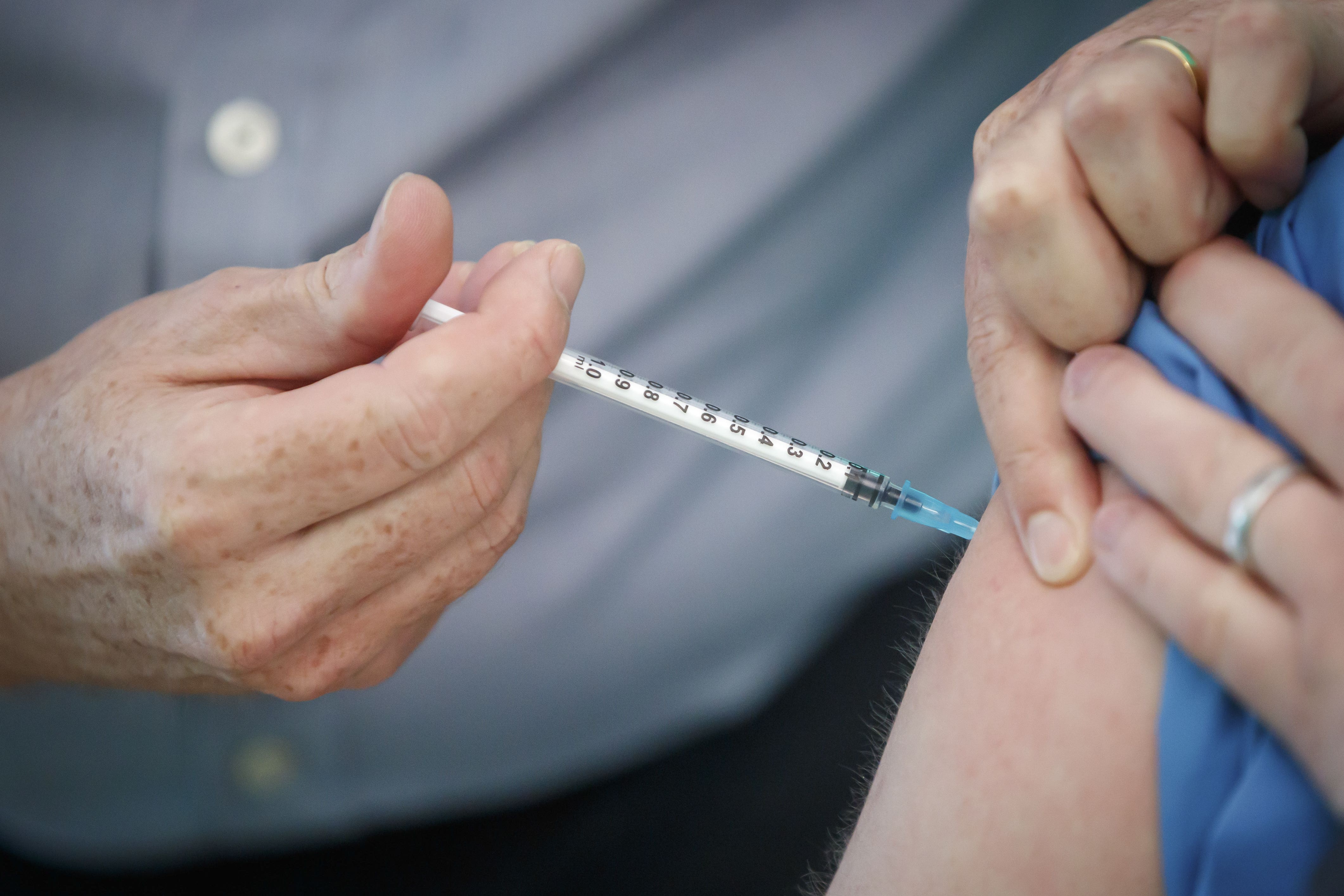Hancock to give evidence as Covid inquiry explores vaccine issues
The former health secretary is set to appear as the inquiry looks at the rollout of vaccines across the UK.

Public hearings for the fourth module of the Covid-19 Inquiry are set to get underway on Tuesday, with former health secretary Matt Hancock to appear this week.
The hearings, which will run from January 14 to January 31, will look at the issues relating to the development and rollout of vaccines in England, Wales, Scotland and Northern Ireland.
The UK was the first country in the world to deploy an approved Covid-19 vaccine.
The historic mass vaccination programme designed to tackle the virus started on December 8 2020, with jabs developed by Pfizer BioNTech, AstraZeneca and Moderna rolled out.
At its peak, there were more than 4,000 accredited vaccination sites operating across seven regions of the NHS and 153 local authorities.
According to NHS data, as of January 5 2025, more than 175 million vaccinations have been administered in England.
Module four of the Covid-19 inquiry will explore the development, procurement, manufacture and approval of the jabs and what steps were taken to enable the use of new therapeutics during the crisis.
It will look at barriers to vaccine uptake, including confidence in the jabs and access issues, as well as issues around vaccine safety and a suggested correlation between Covid-19 vaccines and cardiovascular issues.
The probe will also explore if reforms to the UK Vaccine damage payment scheme – which provides a one-off tax-free payment of £120,000 to those left disabled as a result of vaccines – are necessary.
The evidence sessions this week will begin with opening statements from the core participants, followed by evidence from representatives of bereaved families, as well as vaccine injury groups.
Mr Hancock, who was health secretary from 2018 to June 2021, will give evidence on Thursday.
He will be followed by Professor Heidi Larson, an expert in vaccine hesitancy.
Friday’s session will include evidence from former business secretary Lord Alok Sharma; Clara Swinson, former director-general for global health and health protection at the Department of Health and Social Care; and Catherine Little, former second permanent secretary at HM Treasury.
Bookmark popover
Removed from bookmarks